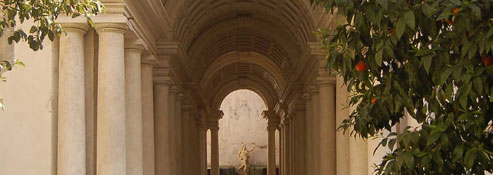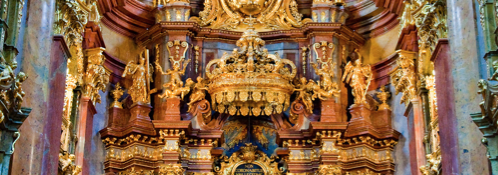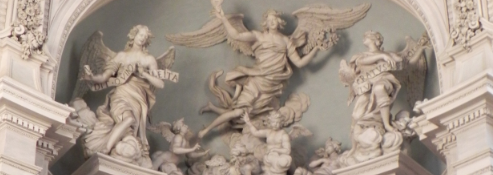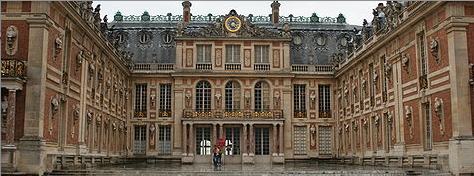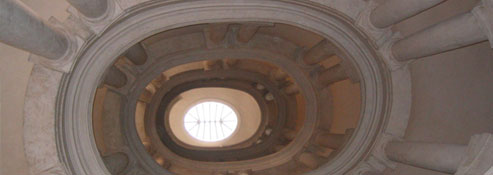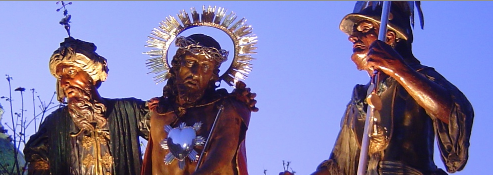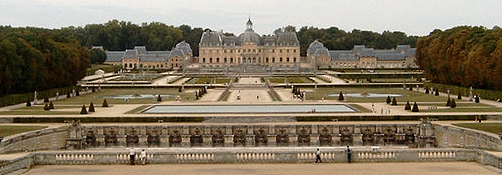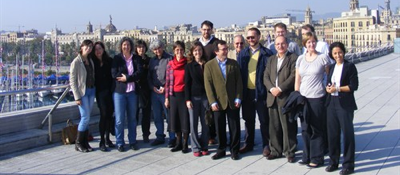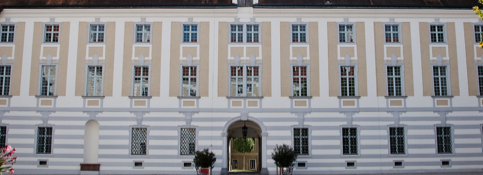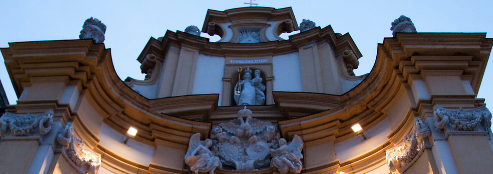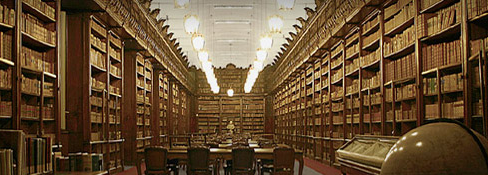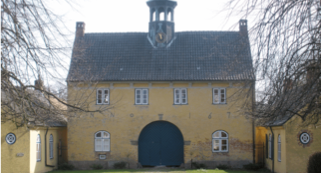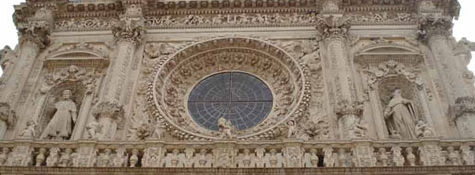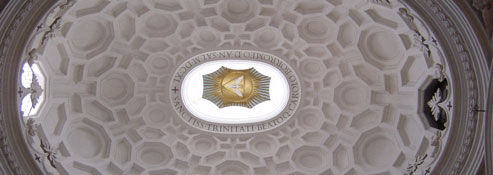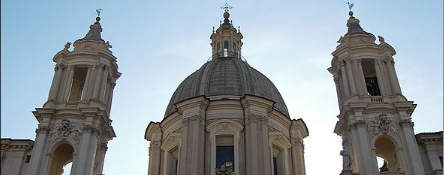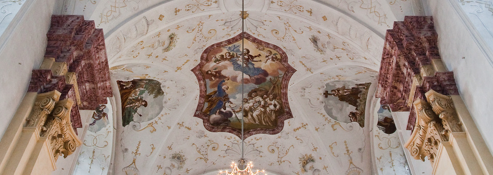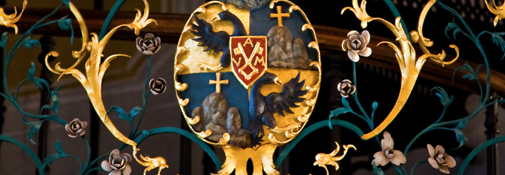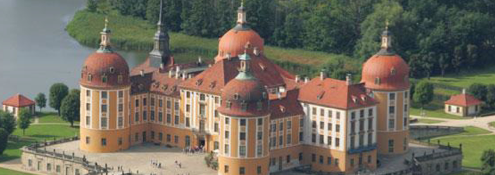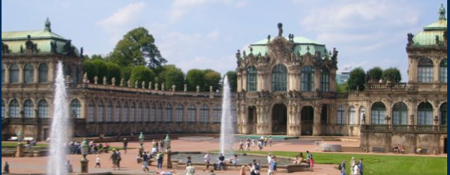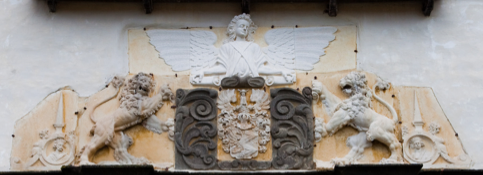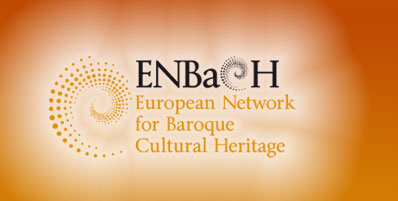Ulrike Czeitschner, Thierry Declerck, Karlheinz Mörth, Barbara Krautgartner and Claudia Resch are investigating texts that belong to the so-called Dance of Death and memento mori genres. These texts date back to the Baroque era, in particular the years from 1650 until 1750, and were written to admonish readers to live a life of virtue in order to be prepared for death at any time. The project is based at the Austrian Academy of Sciences' Institute of Corpus Linguistics and Text Technology (ICLTT).
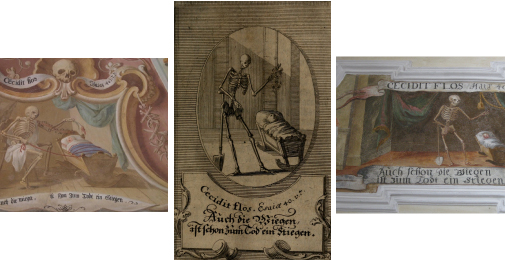
Employing a balanced mix of methodologies from corpus linguistics, art history and literary studies, texts and images (a vastly rich source for the study of popular imagery of the Baroque era) are explored in order to gain further insights into the way of life and the attitudes towards death at the period under investigation. Currently, the results of the basic annotation phase of the digital corpus allow to search the texts and to perform queries of higher complexity on them. Sophisticated tools to navigate the texts and various detailed indices enable our scholars to tap the full potential of the digital media also in the early stages of the project.
Bilder v. r. n. l.:
- Painting of the graveyard chapel in Grafendorf near Hartberg (A), created 1724
Photo: Claudia Resch
- Text page and copper engraving from the emblem book ""Besonders meubliert-und gezierte Todten=Capelle" (1710), accredited to Abraham a Sancta Clara. Available online on http://www.archive.org/stream/revpabrahamsclar00abra
- Painting of the graveyard chapel in Grafendorf near Hartberg (A), created 1724
Photo: Ulrike Czeitschner
more infos:



